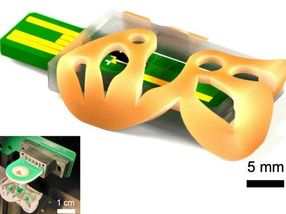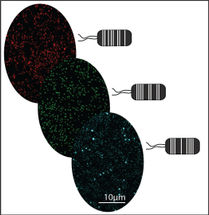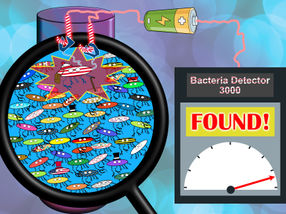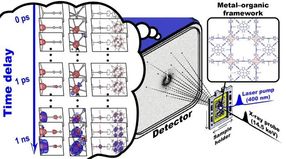SeraCare Receives NIH Grant for Recent HIV Infection Rapid Test and Incidence Panels
Joint Project with Immunetics Aims to Improve Estimates of HIV Incidence
SeraCare Life Sciences has received a $299,771 Small Business Innovation and Research (SBIR) grant from the National Institute of Allergy and Infectious Diseases, an agency of the National Institutes of Health (NIH). The grant will fund the development of HIV incidence panels and a rapid test for HIV incidence. Accurate determination of the number of new HIV infections in a given population (i.e., HIV incidence) has historically proven an obstacle to effective monitoring of the epidemic and to evaluating interventions.
Currently, it is difficult for epidemiologists and clinicians to distinguish between recent and longer term HIV infections. Many individuals have been infected for years when first diagnosed. “Accurate estimates of the incidence of new HIV infections are critical to every policy decision regarding how to manage and respond to the HIV epidemic,” said Patricia Garrett, Ph.D., senior director, science and technology for SeraCare and principal investigator on the grant. “Those estimates impact how health agencies monitor HIV, target resources and evaluate the effectiveness of different interventions.”
The SBIR grant will fund development of incidence panels comprised of serial samples from donors with closely estimated infection dates. SeraCare will collect and develop commercially available samples from donors known to be very recently infected with HIV, drawing on its unrivaled relationships with clinical sites to identify, recruit and retain donors. The company is recognized as a world leader in the development of sample panels for a wide range of infectious diseases.
In addition, SeraCare will partner with Immunetics, Inc. for the development of a rapid HIV incidence test method using these new incidence panels. The rapid test will be based on an innovative lateral flow and detection methodology patented by Immunetics and will be the first of its kind to enable use outside of traditional laboratory settings. A further innovation in the test device will allow the analysis of antibody titer and avidity in a single cassette. Through a licensing agreement with the Centers for Disease Control and Prevention (CDC), the test will incorporate new HIV antigen technology developed there, which will ensure coverage of all HIV subtypes and a low rate of false recency.
Topics
Organizations
Other news from the department science

Get the analytics and lab tech industry in your inbox
From now on, don't miss a thing: Our newsletter for analytics and lab technology brings you up to date every Tuesday. The latest industry news, product highlights and innovations - compact and easy to understand in your inbox. Researched by us so you don't have to.





















































